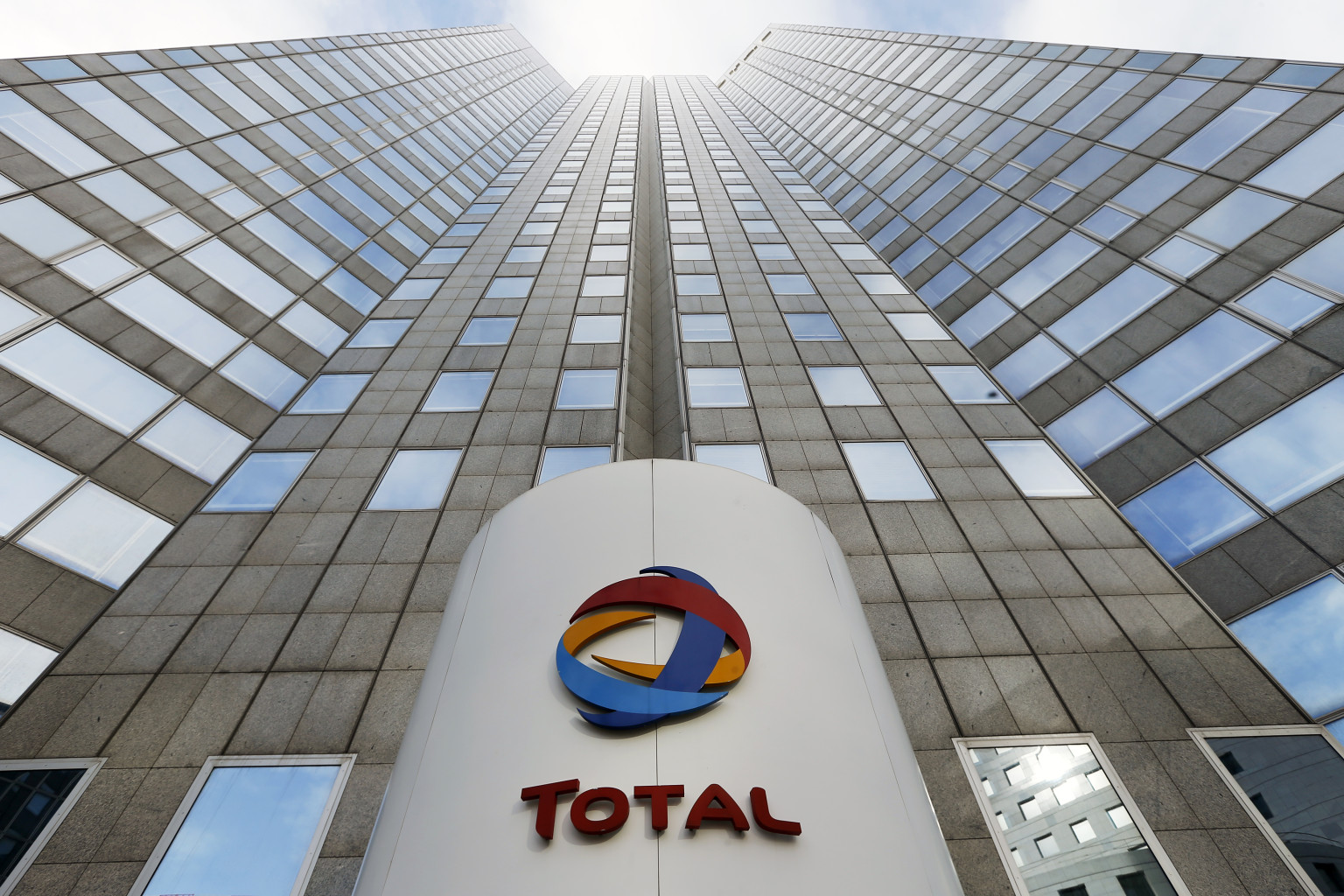Total has achieved the significant milestone of producing a cumulative two billion barrels from its operated deep offshoreBlock 17 located 150 km off the coast of Angola. With the recent start up of CLOV, Block 17 has become Total’s most prolific site with production of over 700,000 barrels per day.
The Group operates four Floating Production Storage and Offloading (FPSO) units on the major production zones of the block: Girassol, Dalia, Pazflor and CLOV.
“Block 17 is a global benchmark in the deep offshore and represents a unique industrial adventure, with 15 discoveries and a very high level of production. Thanks to the commitment of our teams and a number of technological world firsts over the past 14 years, the production of Block 17 has continuously ramped up,” outlined Arnaud Breuillac, President, Exploration & Production. “This milestone is a symbol of our strong position in the deep offshore sector. The Group is already the leading deep offshore operator in West Africa and is using this expertise to grow in other regions: in Brazil through its participation in the Libra field as well as in the United Kingdom with the coming start up of the Laggan-Tormore project in the deep offshore.”
Total Exploration & Production in Angola
Total celebrated its 60th anniversary in Angola in 2013. In 2014, the Group’s equity production reached 200,000 barrels of oil equivalent per day (boe/d), coming essentially from Blocks 17, 0 and 14. In early 2015, Total’s operated production exceeded 700,000 boe/d, making it the country’s leading oil operator.
Total operates Block 17 with a 40% interest alongside Statoil (23.33%), Esso Exploration Angola Block 17 Ltd (20%) and BP Exploration Angola Ltd (16.67%). Sonangol is the concessionaire of the license.
Total also operates with a 30% interest the ultra deep offshore Kaombo development located on Block 32. A final investment decision was made in April 2014 to develop Kaombo’s estimated reserves of 650 million barrels via two converted FPSOs with a total production capacity of 230,000 barrels per day.
Source: PennEnergy












